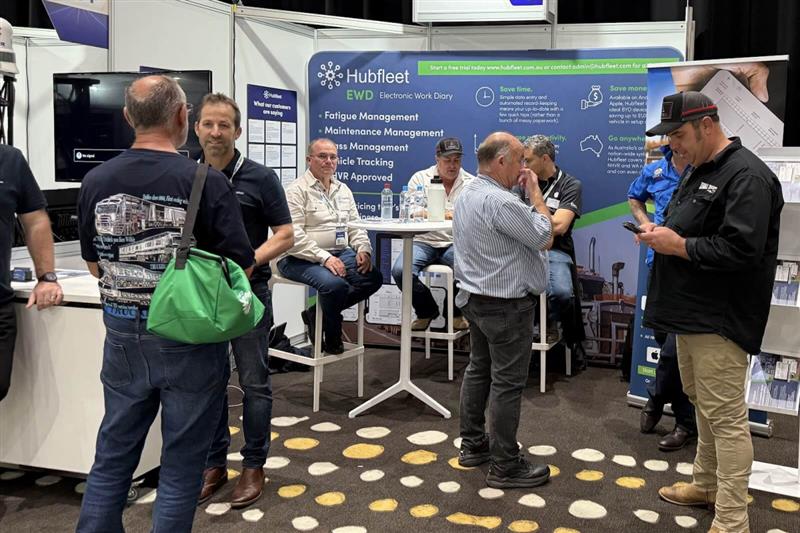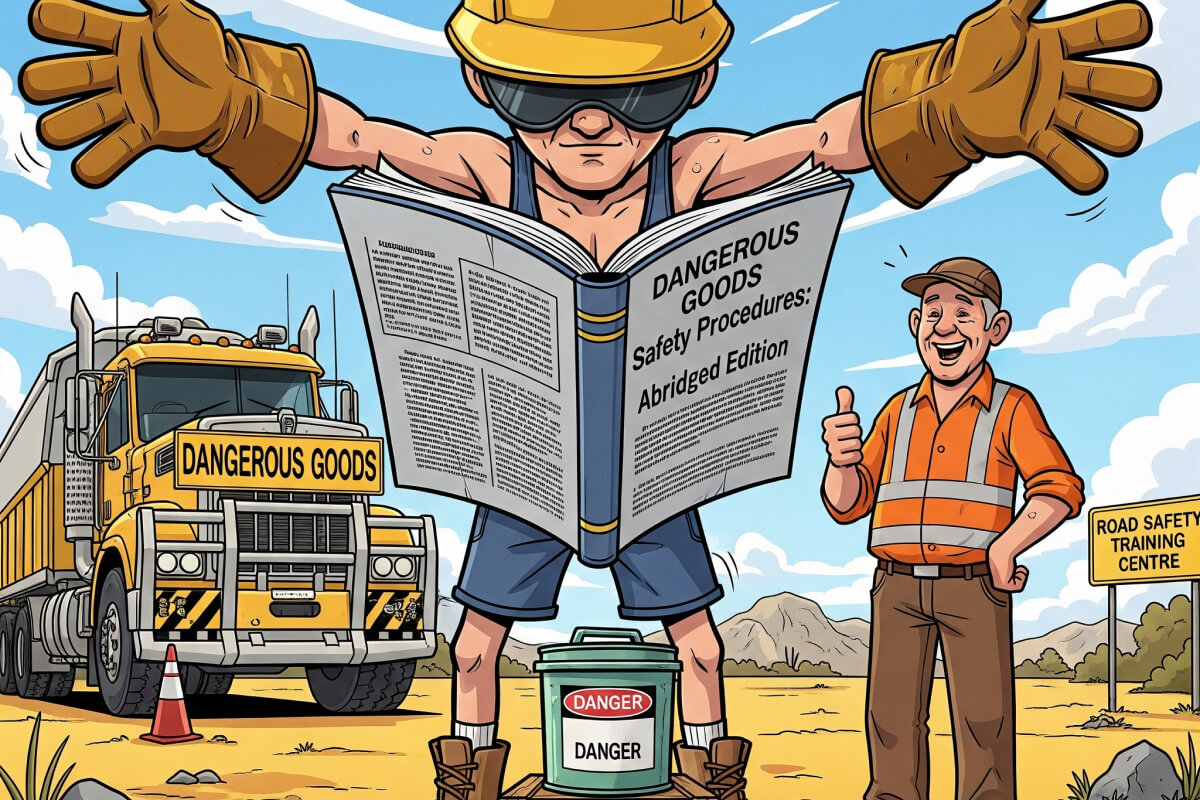
In this episode, I shared key industry updates from the Brisbane Truck Show and the TWU National Council, where it’s clear the conversation around compliance is gaining momentum—and Hubfleet is actively contributing to that shift.
At the Truck Show, it was encouraging to meet so many current Hubfleet users. A common theme was the ongoing use of paper-based systems by many operators. Hubfleet simplifies compliance by integrating EWD, fault reporting, maintenance, and fatigue management into one easy-to-use platform.
We also covered major reform efforts, including Contract Chain Order 2024—which pushes for 30-day payment terms and fairer contract conditions—and the Haines application targeting unpaid waiting time and better conditions for drivers. These reforms are vital, and Hubfleet is proud to support operators navigating a safer, more sustainable path forward.
You can listen to the full episode here:
| Listen to the full episode on | ||
| Spotify | Soundcloud | Apple Podcast |
Highlights from the Week
This episode was a whirlwind, as I’d been travelling quite a bit, including a stop at the Transport Workers Union National Council meeting in Brisbane. We talked about how serious these meetings get, bringing together senior people from branches nationwide to discuss crucial industry matters. It’s a risky business out there, and staying on top of things is key!
We also spent a good chunk of time discussing our experiences at the recent Brisbane Truck Show. For Hubfleet, it was a five-day event, starting with National Bulk Tanker Day, where James and I attended as guests of Paul from V-DAQ. It was fantastic to see how seriously the bulk tanker DG space takes compliance now, much more so than in the early days when it was mainly customer-driven.
Hubfleet at the Brisbane Truck Show 2025
It was James’s second truck show, and the change in conversation was remarkable. This time, instead of just inquiries from keen drivers, we had many existing Hubfleet users – both drivers and companies – coming by to say hello and catch up. It’s a testament to how Hubfleet naturally infiltrates from the bottom up, with drivers finding it easy to use and then recommending it to their mates and companies. As someone who’s used many electronic work diaries, I can tell you Hubfleet is the simplest and easiest to use.
Despite being mostly at our stand on the plaza level, not getting around much, the show was a huge success for us in terms of sales and inquiries. It really highlighted how many people are still using cumbersome multiple book systems for their compliance – driver logs, fault reports, maintenance schedules – which is a lot of work. It’s conversations like these that reinforce the value of a single, integrated system that does everything for you.
Proactive Engagement with Regulatory Changes
We also touched on the critical developments around Heavy Vehicle National Law (HVNL). Aaron D’Rosario from the ATA conference is keen to come back on the show to discuss its progression. We’re seeing things like Safety Management System standards becoming a requirement for accredited operators, and new standards for extra length, height, and weight. It’s vital for operators to understand these changes so they can become compliant proactively.
A major part of my recent travels has been about ensuring our industry has a foot in the door when it comes to legislative changes. We discussed the importance of associations like the NRFA (where I’m President and Craig is Vice President) in lobbying and influencing these discussions, rather than just passively receiving new regulations. It’s about having a seat at the table and direct contact with those still behind the wheel, as well as drawing on our own years of experience.
Maximum 30-Day Payment Terms
Specifically, I was involved in an industry panel at the TWU National Council, discussing the Contract Chain Order 2024/4. This is a huge one, aiming to introduce maximum 30-day payment terms for the whole industry, remove unfair contract provisions (like impossible productivity dividends), and mandate an annual cost review mechanism for contracts. This order will be enforceable right up the contract chain, crucial for ensuring businesses have the necessary cash flow.
Variation to the Long Distance Drivers Award
Another significant discussion point was the Haines application for varying the long-distance drivers award. This opens the door to looking at the entire award and potentially addressing crucial issues like paid waiting time and detention. Capturing this unpaid time is a high priority for the NRFA, as it impacts not just drivers but entire businesses and contributes to inefficiencies and even risks in compliance.
Driver Professionalisation
Finally, we talked about the exciting progress on the truck driver apprenticeship. Paul from Industry Skills Australia has highlighted how the role of a driver has evolved, comparing it to the professionalisation of nurses. The structure for this apprenticeship is now in place, and industry bodies are working to bring all interested parties together for a combined effort to get it running, including two streams for new entrants and career changers, potentially linking with accelerated heavy vehicle licensing pathways.
There’s a lot happening, and it’s all incredibly intertwined, but we have the potential to force a real correction in our industry for the better.
Thank you for reading, and remember, Hubfleet is proud to support what we do here at Risky Business, and we value their commitment to the industry.
Sign up for a free trial today with Hubfleets Digital Safety Management System.







